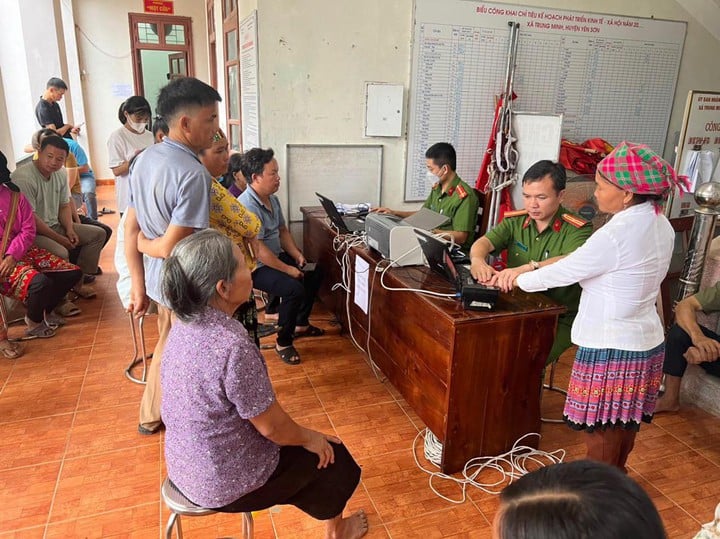
Tuyen Quang residents register and activate electronic identification accounts.
Not only stopping at issuing plans or projects, Tuyen Quang translates the spirit of the Resolution into specific actions, into each model, each person, each local product. With the viewpoint of " science and technology are the foundation, innovation is the driving force, digital transformation is the development method", the province is gradually creating a new ecosystem, where knowledge becomes an asset and data is a development resource.
In the period of 2020 - 2025, Tuyen Quang implemented more than 100 scientific topics and projects with a total budget of over 110 billion VND. Many projects have been put into practice: Biotechnology and post-harvest preservation help improve the quality of Shan Tuyet tea, Sanh oranges, Soi Ha grapefruit, custard apples, honey, and medicinal herbs; standardized production processes help local agricultural products meet higher commercial standards, expanding domestic and foreign consumption markets.
In particular, at Tuan Dung Cooperative (Meo Vac), the technology of lowering the water content is applied to separate the water in the mint honey, reducing the water content to only 16-19%, increasing the preservation ability and maintaining the characteristic flavor. Director of Then Cooperative Van Hai shared: “Thanks to technology, our honey is more trusted by customers, has a higher selling price, and a more stable output. Science has now become a real 'assistant' for farmers.”
Thanks to the right direction, Tuyen Quang now has more than 650 products protected by industrial property rights, including 12 geographical indications, 18 certification marks and hundreds of collective marks. OCOP products are attached with QR codes to trace their origins, sold through e-commerce platforms and promoted using digital platforms, helping Tuyen Quang agricultural product brands spread widely and gain a foothold in the market.
Along with product development, the province has invested heavily in science and technology infrastructure. Science and Technology Centers, Innovation Centers and Digital Transformation Centers have been upgraded, effectively serving research, management and business connection. 100% of administrative documents of the Provincial People's Committee are processed in the electronic environment; the rate of online public services throughout the process reaches more than 80%; telecommunications networks and IT infrastructure cover all commune levels, meeting the conditions for operating digital government, digital economy and digital society.
However, Tuyen Quang also faces bottlenecks: the proportion of the digital economy has only reached about 7.2% of GRDP; digital infrastructure in mountainous areas is not yet synchronized; human resources in information technology, artificial intelligence, and big data are still lacking; investment in science and technology has only reached about 0.45% of GRDP. Data sharing between sectors and levels still needs to be accelerated to form a province-wide interconnected system.
To overcome these limitations, the province has identified eight major directions for the 2025-2030 period: Perfecting policy mechanisms; increasing the budget investment rate for science and technology to at least 1%; building a shared, synchronous and secure database; developing smart industrial zones and clusters; expanding digital agriculture models, digital markets, and e-commerce; promoting technology startups; strengthening cooperation with large enterprises such as Viettel, VNPT, and FPT; and focusing on training digital human resources from the grassroots level.
In fact, many models are bringing positive results. Communes such as Son Duong, Ham Yen, and Chiem Hoa have implemented “digital countryside” and “digital markets”, helping people in the highlands sell agricultural products by phone, receive electronic payments, and submit documents online. Community digital technology groups, with more than 1,800 members, have become “transformation cores” at the grassroots level, helping people gradually develop digital skills in their daily lives.
In the vision to 2030, Tuyen Quang aims to have the digital economy account for at least 20% of GRDP, 100% of public services provided online, and all people can access basic digital services. On that foundation, science and technology will not only be a tool, but also an "engine" for local development, helping Tuyen Quang shorten the gap with the delta provinces, aiming to become a fairly developed province in the midland and mountainous region of the North.
Source: https://mst.gov.vn/tuyen-quang-but-pha-bang-khoa-hoc-cong-nghe-va-chuyen-doi-so-197251104111933823.htm


![[Photo] Ho Chi Minh City Youth Take Action for a Cleaner Environment](https://vphoto.vietnam.vn/thumb/1200x675/vietnam/resource/IMAGE/2025/11/04/1762233574890_550816358-1108586934787014-6430522970717297480-n-1-jpg.webp)

![[Photo] Panorama of the Patriotic Emulation Congress of Nhan Dan Newspaper for the period 2025-2030](https://vphoto.vietnam.vn/thumb/1200x675/vietnam/resource/IMAGE/2025/11/04/1762252775462_ndo_br_dhthiduayeuncbaond-6125-jpg.webp)

![[Photo] The road connecting Dong Nai with Ho Chi Minh City is still unfinished after 5 years of construction.](https://vphoto.vietnam.vn/thumb/1200x675/vietnam/resource/IMAGE/2025/11/04/1762241675985_ndo_br_dji-20251104104418-0635-d-resize-1295-jpg.webp)
![[Photo] Ca Mau "struggling" to cope with the highest tide of the year, forecast to exceed alert level 3](https://vphoto.vietnam.vn/thumb/1200x675/vietnam/resource/IMAGE/2025/11/04/1762235371445_ndo_br_trieu-cuong-2-6486-jpg.webp)







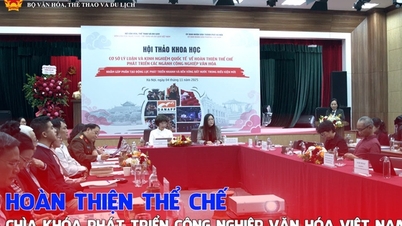









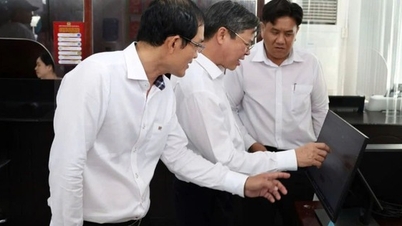





































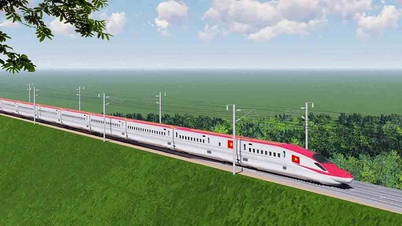
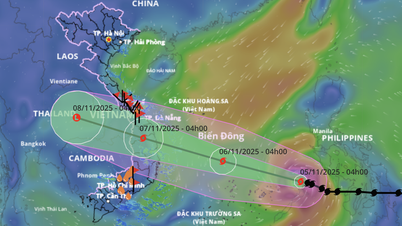




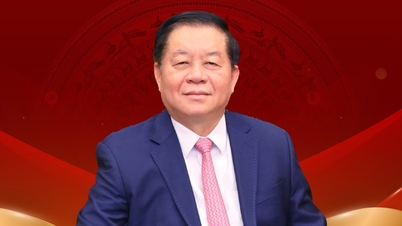





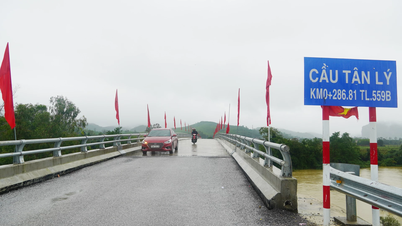

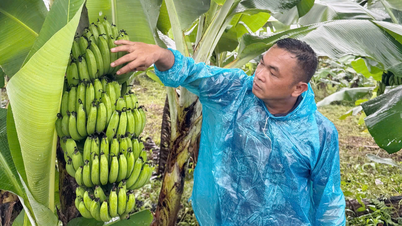


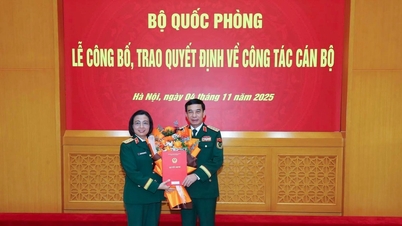















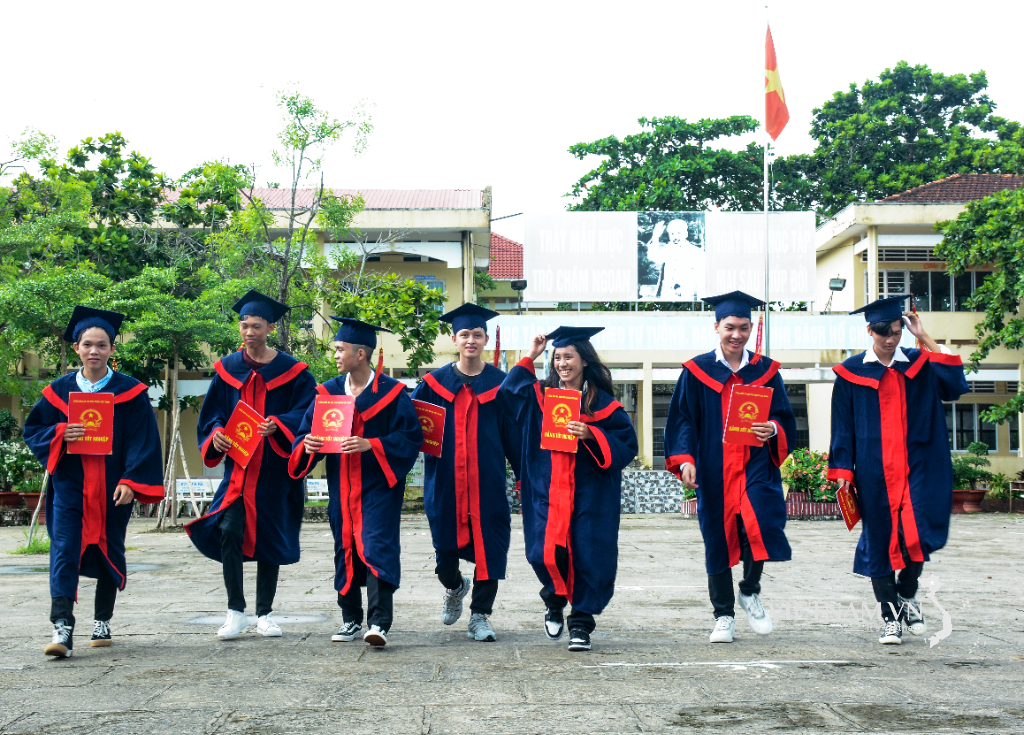
Comment (0)